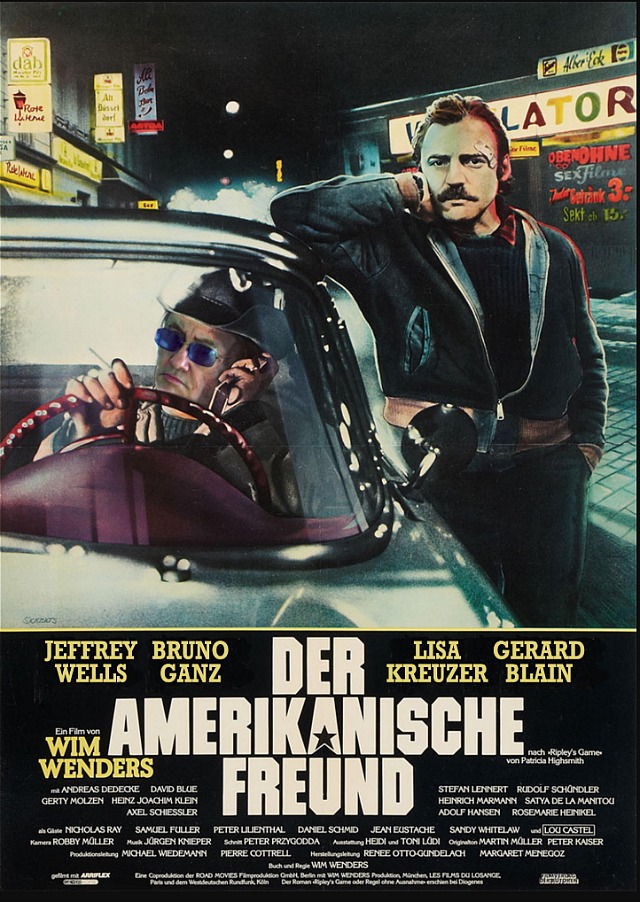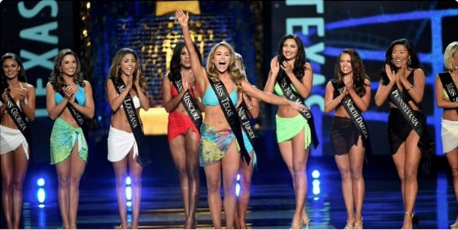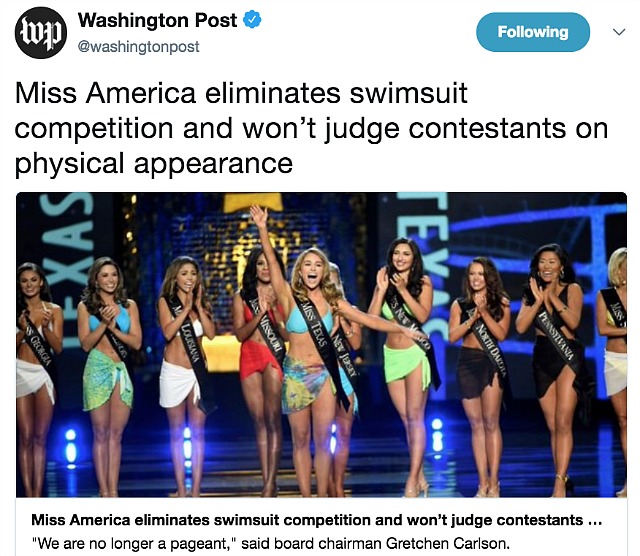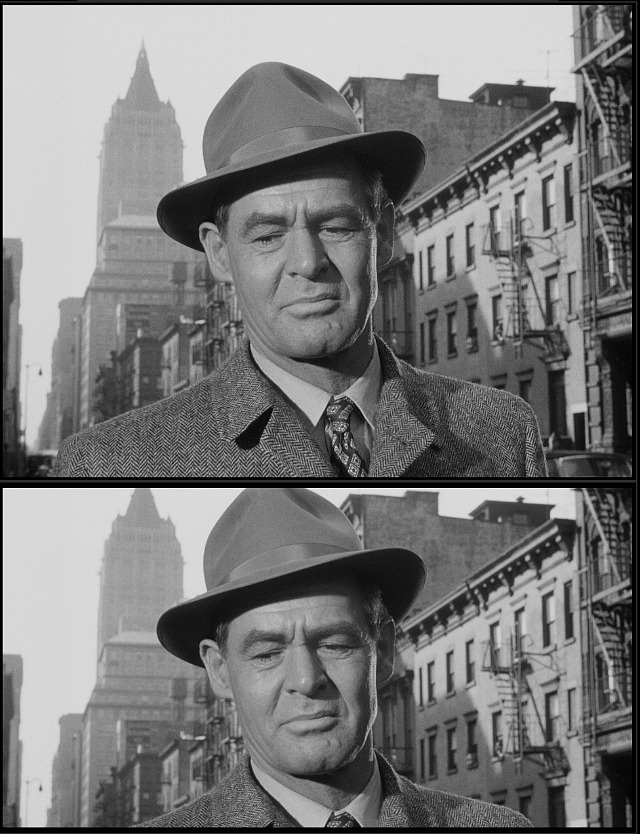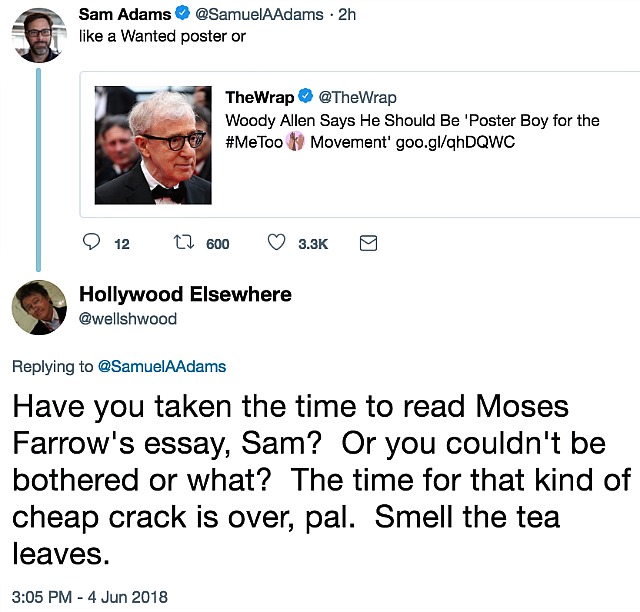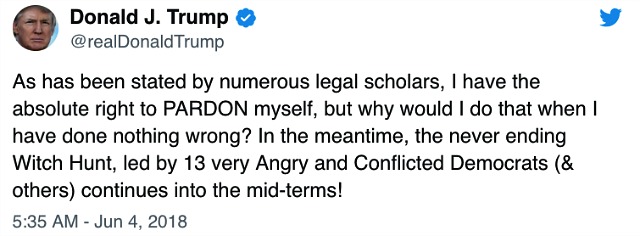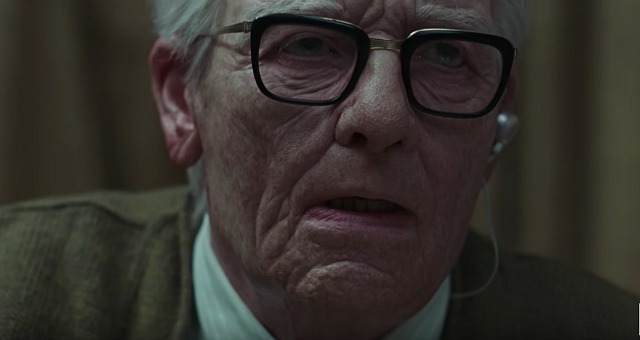Okay, I guess it’s still a thing in some corner of the culture. At least give the organizers credit for finally recognizing that in real day-to-day life, people of either gender are never judged by their appearance. At least we’re past that hurdle. So the next Miss America winner will probably be a bit pudgier than normal. This is where we are, no turning back.
Posted on 4.26.15: At last night’s White House Correspondents’ Association dinner, emcee Cecily Strong “created a moment” when she asked all members of the media in the ballroom to raise their hands and take a solemn vow: “I solemnly swear not to talk about Hillary Clinton’s appearance, because that is not journalism.”
Strong is correct — serious journalism and offering comments or asides about a person’s appearance are separate realms of expression. Do average citizens vote for or against a candidate based on his/her appearance? Absolutely not.
JFK‘s youth, matinee-idol looks, perennial tan and thick reddish-brown hair had no effect upon voter likes or dislikes. The fact that the Ronald Reagan didn’t have white or graying hair or a sagging, withered face when he ran for president in ’80 at age 69…nobody cared. They would have voted for him if he looked like Walter Brennan in Rio Bravo because they were voting for the man, not the appearance. Barack Obama‘s cappucino skin shade had nothing to do with his winning the ’08 and ’12 elections…zip. And Hillary Clinton’s grandma face and puffy eye-bags will have no effect on her popularity during the 2016 Presidential election. The election will be entirely about who she is or is not…about character, cojones and convictions.



